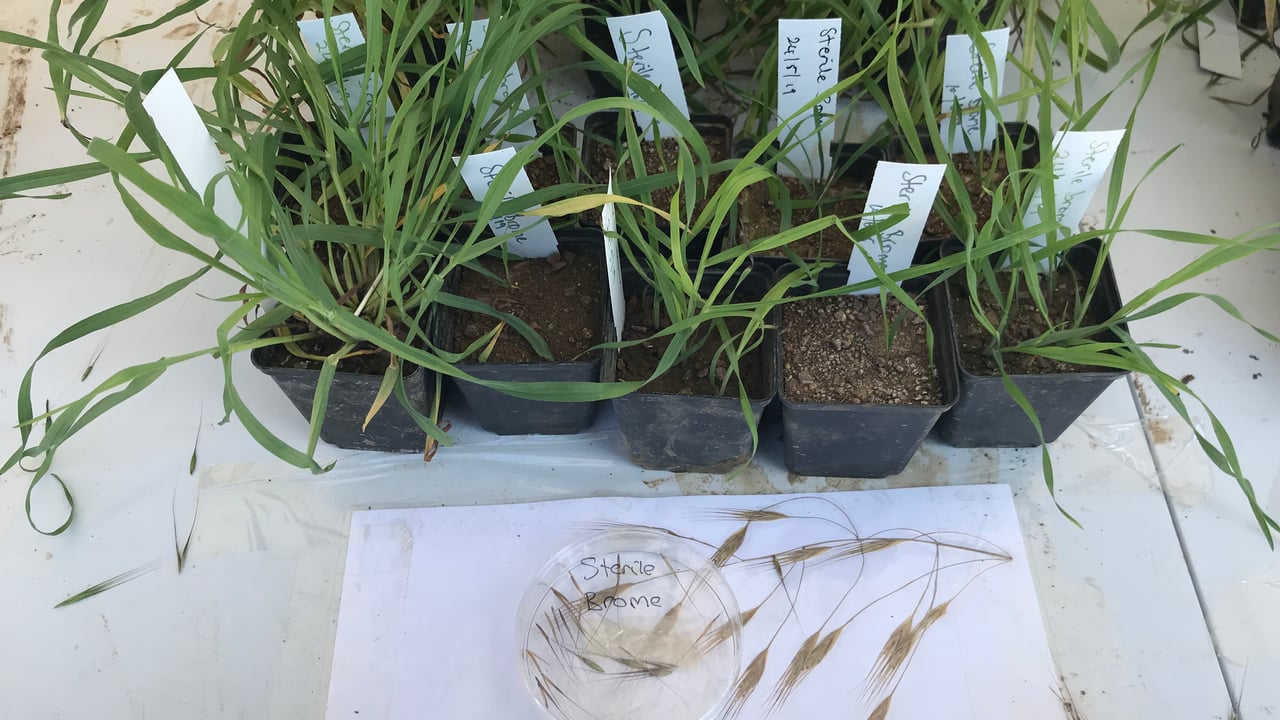What is the cost of herbicide resistance?
Teagasc tillage specialist Shay Phelan has confirmed that the spectre of herbicide resistance, particularly within grass weed populations, is now becoming a reality on many Irish tillage farms.
He blamed this evolving situation on a combination of two factors: Using the same products year-in, year-out, and applying herbicides at less than the recommended rates.
Speaking on a recent edition of the Teagasc 'Tillage Edge' podcast, he said:
“Over time we are going to see a level of resistance building up to a number of herbicides.
“We are encouraging farmers not to use the same chemistries year-in, year out, even if they work well in a given year," Phelan added.
Turning specifically to groundsel, the Teagasc specialist confirmed that new approaches to controlling this weed can now be availed of.
Phelan commented: “Herbicide mixtures containing Firebird or Firebird Met will give good control of groundsel.
Phelan went on to point out that timing is everything when it comes to the application of a herbicide.
“Leaving weed control in winter cereals to the spring months can be problematic. If the weather is bad and ground conditions are poor, then the grower is compromised straight away," he said.
“You can get lesser control in those situations. So growers should always be looking to widen their options.
But as Phelan also pointed out, this approach also leads to an increase in grower costs.
He explained: “For farmers in a very bad situation, I think there is every reason for them to consider going down this route.”
Teagasc’s Ciaran Collins also contributed to the webinar. He explained that farmers should be continually monitoring crops for weeds.
He said: “Controlling both autumn and spring germinating must be considered. Spring germinating weeds of note include chickweed, fumitory and groundsel.
“A planned approach will work when it comes to controlling weeds in both winter wheat and winter barley,” Collins concluded.





